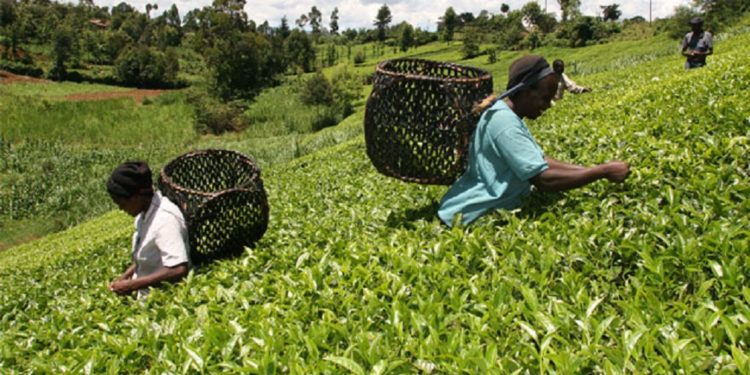In a strategic move aimed at promoting the growth and development of Kenya’s tea industry, the government is contemplating a range of incentives to encourage value addition in the sector.
The proposed incentives, which may include tax reductions and other measures, have been detailed in a concept note jointly formulated by the Ministry of Agriculture in collaboration with the Tea Board of Kenya.
Mithika Linturi, the Agriculture Cabinet Secretary, disclosed that the concept note has secured approval from the National Treasury and Economic Planning Ministry. The initiative seeks to unlock the full potential of Kenyan tea production by offering various incentives, such as tax breaks, to make local value addition more attractive and economically viable.
During an address at the Kenya Tea Development Agency (KTDA) Annual Directors Conference in Nairobi, CS Linturi outlined the scheme’s primary objectives, including the promotion of a distinct Kenya tea brand and the advancement of orthodox tea manufacturing for smallholder tea factories.
The conference, attended by over 400 directors, senior management personnel, and stakeholders from the 71 KTDA-managed tea factories across 16 counties, served as a platform for CS Linturi to encourage tea factories to capitalize on the upcoming incentives. He urged them to enhance production of orthodox teas and integrate value addition processes at the factory level, moving away from traditional bulk tea sales.
Highlighting the untapped global market potential for orthodox teas, Linturi commended KTDA-managed factories for diversifying their manufacturing to include orthodox tea production. He emphasized the comparative lack of market saturation in contrast to the CTC (crush, tear, and curl processing) market.
CS Linturi reiterated the government’s commitment, facilitated through the Tea Board of Kenya, not only to grant licenses for orthodox tea manufacturing to KTDA-managed factories but also to intensify promotional efforts. The goal is to facilitate market access and promote growth opportunities within the industry.
Additionally, CS Linturi encouraged KTDA to leverage the benefits of the African Continental Free Trade Area, stressing the importance of proactive engagement to maximize opportunities within this expansive market.
The proposed tax incentives and the broader government strategy highlight a concerted effort to elevate Kenya’s tea sector, promoting innovation, diversification, and value addition as crucial pathways for sustained growth and increased profitability within the tea industry.














